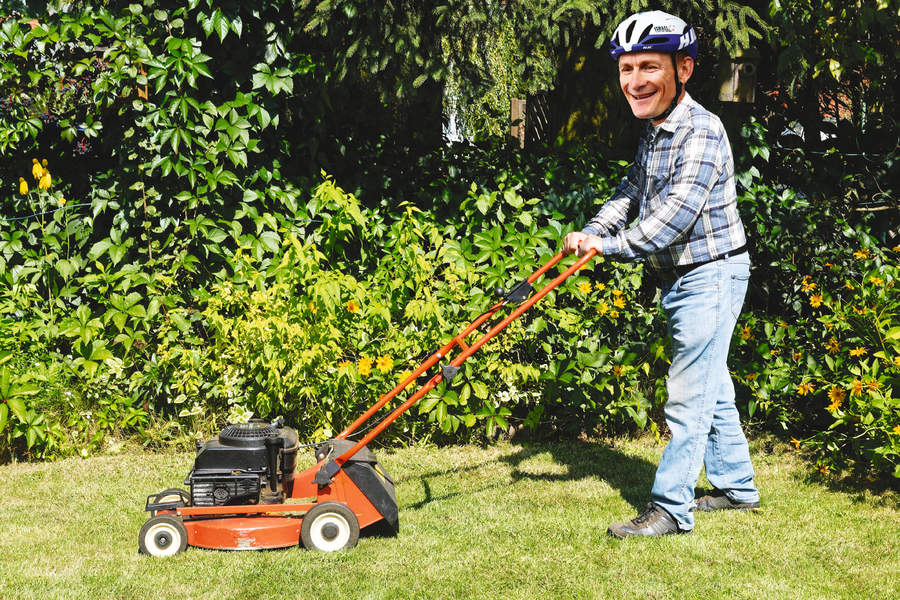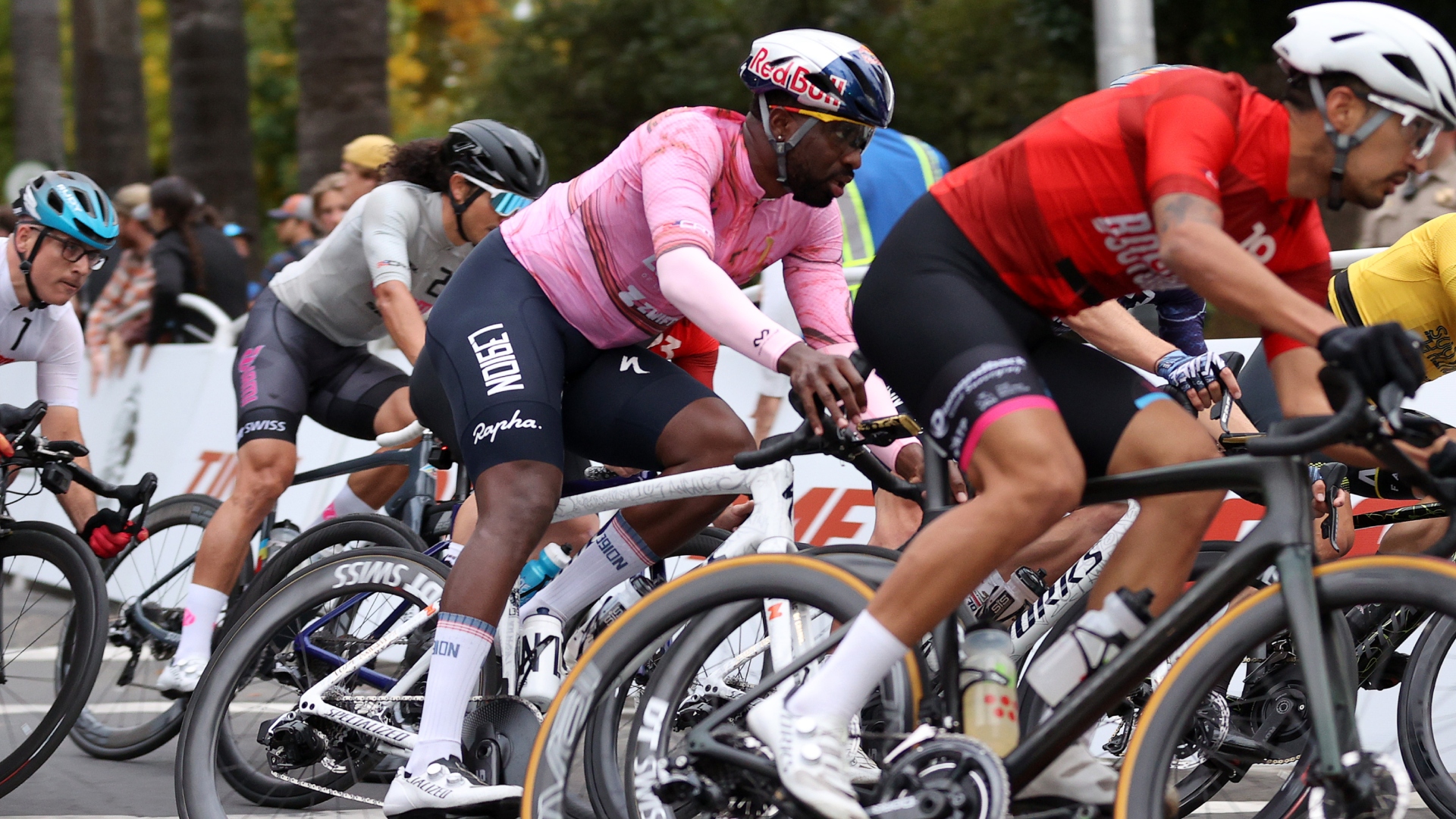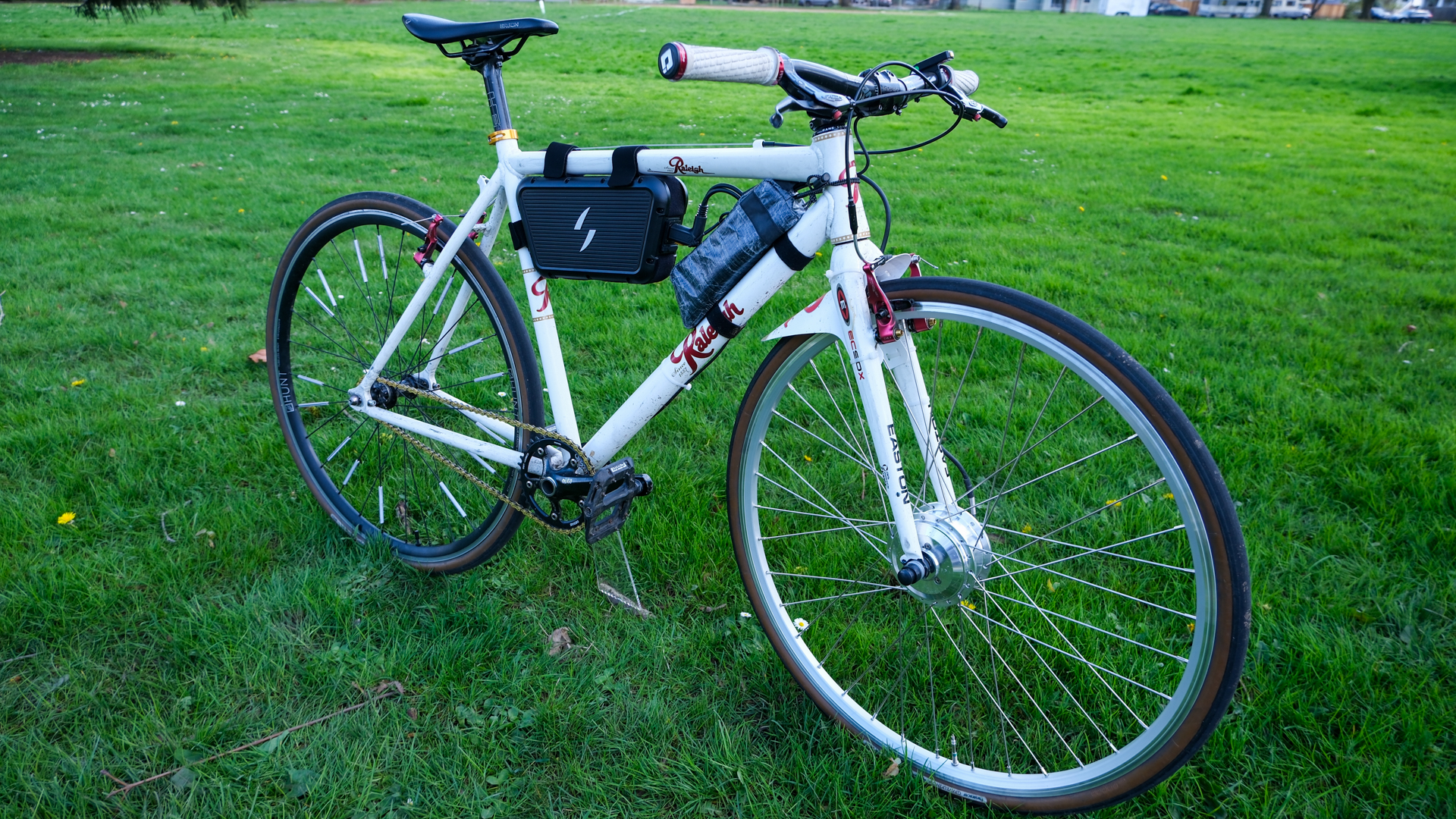Dr Hutch's retirement advice for former pros: 'By June you’re going to be baffled at how you ever had time to train'
Retiring from racing leaves a gaping hole in your daily routine but you'll have no problem filling it with nothing, says the Doc

So we’ve made it through all the tweets and Instagram posts about new kit. I’m trying my best to remember which riders have gone to what teams – I was relieved about Mark Cavendish agreeing a contract with Quick Step, but only because at least I still know where he is, and if I ever make it to another live bike race I’ll know which bus to stand forlornly outside with a notepad.
But some of my thoughts are with those who retired. I’ll be looking for André Greipel and Tony Martin till the end of the year, and the thought of bike racing without Anna van der Breggan is just plain odd.
Last year seemed like a big year for retirements. So, as the January training camps get underway, I thought that in my capacity as a retired bike-racer, I’d offer some advice to those who decided it was time to move on.
We’ll start with that 20-30 hours-a-week you used to spend on your bike. You no doubt have plans for what you’ll do with that time. You might want to spend time with your family and learn to eat off a plate rather than out of a cloth bag. Let me warn you, that time isn’t there anymore. It’s gone.
By June you’re going to be baffled at how you ever had time to train, because by then you won’t even have time to do the non-cycling stuff you used to fit in around training. Breakfast, coffee, lunch, dinner, and it’s time for bed.
You’re going to have to stay awake all day. And it’s hell. It’s the only reason Alessandro Valverde is still a pro.
You’ll notice I missed “afternoon nap” off that list. Well, I’ll also get another bit of bad news off my chest right now – you can wave goodbye to your nap. Partners, families and employers who used to accept you retiring to bed every afternoon for two hours are, very abruptly, going to be a lot less sympathetic about it. You’re going to have to stay awake all day. And it’s hell. It’s the only reason Alessandro Valverde is still a pro.
Whether you keep riding your bike is up to you. All pros plan to, most of them don’t really – not least of all because it’s impossible to find the time (see above). If you do there’s an irritating bonus, if that’s not a contradiction. Your form the year after you retire will be phenomenal. You’ll be faster and stronger than you’ve ever been, and there will be nothing whatsoever that you can do with all that awesomeness other than get repeatedly flagged as a cheat on Zwift or go and terrify the local club run.
Get The Leadout Newsletter
The latest race content, interviews, features, reviews and expert buying guides, direct to your inbox!
It will also give you the nagging fear that you would have been just as good without all that training. But fear not. Two years post-retirement, your inability to get up a motorway bridge without stopping for a breather will put your mind at rest.
You’re going to find a significant shortfall of adulation. It will turn out that it was your bike riding the fans liked, not your social-media jokes. In an associated downturn, people in the bike industry will stop giving you free stuff and begging you to use it. There will come a day when you have to use your own money to buy a bike, or a pair of cycling shoes, and the feeling of loneliness and defeat that comes over you as you stand in a bike shop and hand over your credit card will never leave you.
And a final warning: don’t become a sports director. It’s a job that feels familiar – it’s got the same crappy hotels, bad food, and long hours that you’ve come to love. But you’re going to spend all day tending to the whinging demands of bloody bike riders. And bike riders are the absolute worst.
Acts of cycling stupidity
A mechanic friend got in touch to tell me about a rider who’d come into the shop recently. His time-trial bike had been making a creaking noise, which he’d diagnosed as coming from the seatpost clamp.
So he’d snugged up the clamp. This had not helped. So he’d tightened it a bit more. And a bit more, until (presumably) it was far beyond its recommended torque. The creaking continued.
Then, one creaky day, he rode over a pothole with a bang. The strained bolt snapped, and the seatpost slammed down into the frame, smashing outwards through the wheel cut-out at the back of the seat tube, and effectively writing off the frame.
Very gingerly, he set out to ride what was left of his bike home. Guess what? The bottom bracket still creaked.
Dr Hutch - AKA Michael Hutchinson - writes a regular column for Cycling Weekly magazine, this column first appeared in the print edition on January 6, 2022. The magazine is on sale in store and online each week. You can also subscribe to CW, save on the cover price and get it delivered direct to your door.

Thank you for reading 20 articles this month* Join now for unlimited access
Enjoy your first month for just £1 / $1 / €1
*Read 5 free articles per month without a subscription

Join now for unlimited access
Try first month for just £1 / $1 / €1
Michael Hutchinson is a writer, journalist and former professional cyclist. As a rider he won multiple national titles in both Britain and Ireland and competed at the World Championships and the Commonwealth Games. He was a three-time Brompton folding-bike World Champion, and once hit 73 mph riding down a hill in Wales. His Dr Hutch columns appears in every issue of Cycling Weekly magazine
-
 Can you make a living as an American domestic road racer? A look inside the part-time professionalism of the American road peloton
Can you make a living as an American domestic road racer? A look inside the part-time professionalism of the American road pelotonAfter decades of booms and busts, the American road scene finds itself in a fragile place. We spoke to riders to understand the reality of chasing the dream on home soil
By Logan Jones-Wilkins
-
 5 things I wish I’d known before reviewing the Swytch GO e-bike conversion kit
5 things I wish I’d known before reviewing the Swytch GO e-bike conversion kitSwytch offers an effective, albeit untidy, workaround for e–bike–curious riders. But as prices drop on full e-bikes, its value proposition may be fading
By Anne-Marije Rook